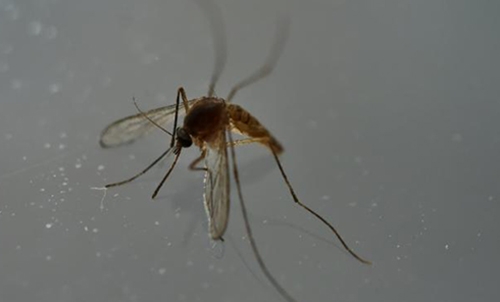Safe sex or no sex after visiting Zika-hit areas: WHO
Geneva: People who travel to Zika-hit areas should practice safe sex or have no sex at all for at least eight weeks after their return to avoid sexual transmission of the virus, WHO said Tuesday.
That is double the one month of safe sexual practices previously recommended by the World Health Organization, which explained that new studies showed the Zika virus could survive in sperm longer than previously thought.
The recommendation is only for men and women who present no symptoms of the virus, which experts agree is behind a surge in cases in Latin America of microcephaly -- a serious birth defect in which babies are born with unusually small heads and brains.
If the male partner has shown symptoms of Zika, the couple should practice safe sex or abstain for six months, "to ensure that the infection has left the body and the virus will not be passed to... the partner," WHO spokesman Christian Lindmeier told reporters.
Women who are pregnant or trying to become pregnant should avoid travelling to areas affected by Zika all together, and if their male partner has travelled to such an area, the couple should practice safe sex or abstain for the remainder of the pregnancy, it said.
It remains unclear how long the virus can persist in body fluids, but a report issued this month showed the sperm of a man returning to Britain from Cook Island remained positive for the virus 62 days after he first detected symptoms, WHO said.
Zika is mainly spread by two species of Aedes mosquito, but has also been shown to transmit through sexual contact.
The virus, which also causes the rare but potentially fatal neurological disorder Guillain-Barre Syndrome, is mainly spread by two species of Aedes mosquito.
But WHO warned Tuesday that "mounting evidence has shown that sexual transmission of Zika virus is possible and more common than previously assumed."
For people living in areas where Zika is spreading, controlling the spread is obviously more complicated.
WHO has recommended that women in these areas delay getting pregnant, and that women who have had unprotected sex and do not wish to become pregnant should have "ready access to emergency contraceptive services and counselling."
Brazil, where the Olympic Games are due to kick off in August, has been especially hard-hit since Zika began spreading in South America last year, with nearly 1,300 babies having been born in that county with irreversible brain damage since then.
WHO last week rejected a call from 150 international doctors to change the timing or location of the Rio Games, saying shifting the Games would not substantially alter the risks of Zika spreading globally.
Related Posts

